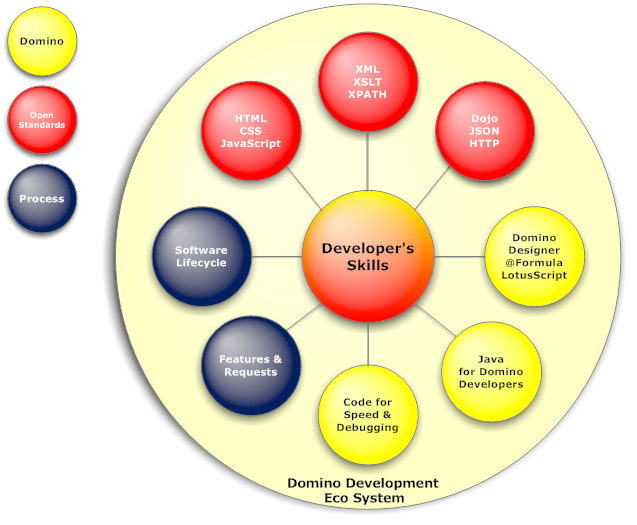This week I had my second trip to China. Last time
I went to Beijing in 2005 for an eGovernment conference. This time I was visiting customers in Shenzhen just across the border of Hong Kong. I spend a few days in Hong Kong with the Hong Kong Lotus team. Getting to Shenzhen from Hong Kong is easy. You get an MTR ticket (that's the local train/subway system) and it drops you directly at the border. Around noon there wasn't too much traffic and it took less then 30 minutes to clear the border.
First impression: A modern city on par with any western city. Spacious, clean and quite some flair. Entering a cab I was reminded: That isn't Hong Kong anymore. My driver didn't speak English. Luckily I picked up a wireless signal and showed him the Chinese web site of the
Kempinski so he got where I wanted to go to. A call to my Chinese colleagues to confirm reassured him, that he was on the right track. Shenzhen is pretty big (my colleague claimed it is the second biggest city in China after Shanghai) but traffic was bearable.
We went for dinner in a local place, not one of the countless new fancy restaurant, but one where locals would go if they are hungry. My host and the dining place owner had good fun with me insisting to try stuff as local as possible. We had a nice sweet & sour fish, tofu and some spicy green vegetables. The leaves looked kind like tree leaves or stuff that grows on bushes. The combination of the fresh, slightly bitter green with a hot chilly vinegar dressing was very special, I liked it a lot.
The command of English was relatively limited and my colleague Damien from Lotus South China (who is a
Hakka like my wife) had to translate quite a bit. After a while we found a good operation mode, where I would draw sketches on the white board, decorate them with technical keywords and sequence numbers. All IT people we met where eager to speak English and I guess they will improve very fast.
The industrial area our customers were in were huge and I practically saw the "birthplaces" of any gadget I could think of. The urban layout, while covering a huge area wasn't a suburban sprawl, but a clustered development with a lot of high rise buildings. This layout allows the implementation of efficient public transport. It looks like the city planners had a careful look at a lot of concepts to pick from.
There is much discussion on
The rise of China. I think these are utterly missing the point. It is not the
rise but merely the
recovery of China. Why recovery and not rise? Well understanding China, from my point of view, includes looking at a longer time frame than the last 50 or so years. You need to look at the Chinese history as a whole, that would be 5000 years. In that period the great empire was formed, fell apart, shined and vanished multiple times. Until the 17th century China was *the* economic and military super power, a huge number of inventions and innovations like the compass, gun powder or rockets (in the form of fire works) originated from China. Looking inwards being busy with dynastic feuds China fell behind in the 19th and 20th century. Just a century later (and what are a few hundred years when your scale is 5000) China is on its way to claim that top spot back. When you look at not only the PRC, but at the Chinese at large including Taiwan, the Chinese in South East Asia (Singapore anyone) and European and Americans from Chinese decent, the Chinese are already there. And my sons can confirm one of the main reasons: "The Chinese mother is very demanding [about study results]".
